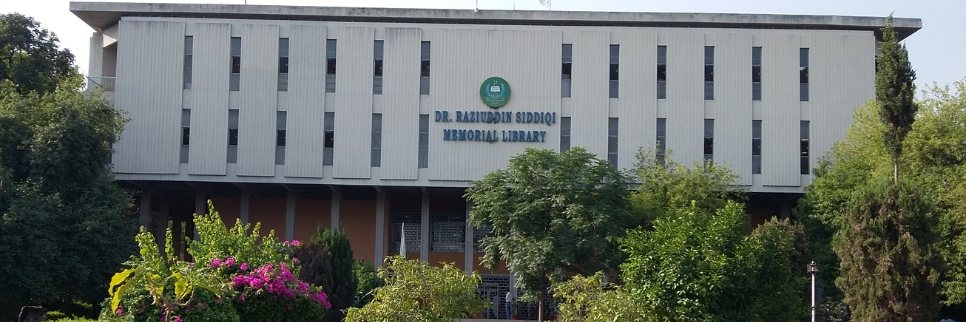BISE Lahore launches new software for transparency in exam

- February 17, 2025
- 1510
The Board of Intermediate and Secondary Education (BISE) Lahore has introduced a state-of-the-art software system for the Matriculation exam.
On Saturday, Lahore Commissioner/Chairman Board Zaid bin Maqsood, Higher Education Department Secretary Dr. Farrukh Naveed, and BISE Lahore Task Force Committee for Boards Chairman Mazamil Mahmood met to discuss the 2025 Matric exam's transparency. Additionally in attendance were Zahid Mian, Controller of Examinations, and Rizwan Nazir, Secretary of BISE Lahore.
Superintendents, deputy superintendents, and invigilators are among the examination staff members who have never before been deployed using an automated system. The system will assign tasks for the test automatically.
568,854 students from the Science and General Groups will be able to take the 2025 Matric examinations at 920 examination centers, which is a 52-center increase over prior years. To preserve the integrity of the examination process, private, retired, and blacklisted employees will not be hired.
Rizwan Nazir, the secretary of BISE Lahore, stressed that this automation approach was a major advancement in the use of examination staff.
Tahir Yaqob, a programmer who trained in AI and automation in Silicon Valley, created the automated system. The system uses a comprehensive data bank of 100,000 teachers and is designed to manage instructors' data zone by zone. It reduces the possibility of partiality and dishonesty, which are common in the manual appointment procedure, by automatically assigning tasks to examination staff without user participation.
To preserve integrity, a number of checks have been implemented. Teachers will not be placed in places where their pupils are taking tests, and the system will confirm that they are not listed in prohibited categories.
The system's main advantages include lowering the possibility of examination misconduct and prohibiting people from using their personal connections to get appointments at preferred centers.








